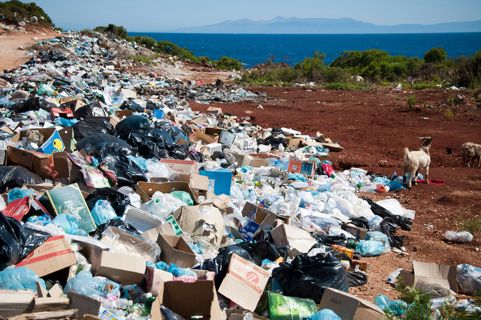
The "Waste Season" is a term used to describe the significant increase in waste production during certain times of the year, especially during holidays or large celebrations. This period is marked by a sharp rise in consumption—people consume more food, drinks, and goods, which results in more waste. The main issue is the large amount of single-use plastic and packaging that is discarded, contributing to environmental pollution.
As a result, waste management systems are often overwhelmed, leading to environmental and health problems. Plastic waste, in particular, takes hundreds of years to decompose, contaminating land and water. Additionally, increased waste can strain local landfills, leading to unsustainable practices in waste disposal.
WR WR WR WR WR WR WR WR WR WR WR WR WR WR WR WR WR WR WR WR WR WR WR WR WR WR WR WR WR WR WR WR WR WR WR WR WR
To address these challenges, it is crucial to raise public awareness about the importance of waste reduction and recycling. Simple actions like sorting waste, reusing items, and choosing eco-friendly alternatives can significantly reduce the impact of the waste season. Additionally, governments and organizations must continue to innovate in waste management practices and develop solutions to reduce plastic use and increase recycling efforts.
By working together, individuals and communities can minimize the effects of the waste season and contribute to a cleaner, healthier environment.
Alexia Auneさんをフォローして最新の投稿をチェックしよう!
0 件のコメント
この投稿にコメントしよう!
この投稿にはまだコメントがありません。
ぜひあなたの声を聞かせてください。
